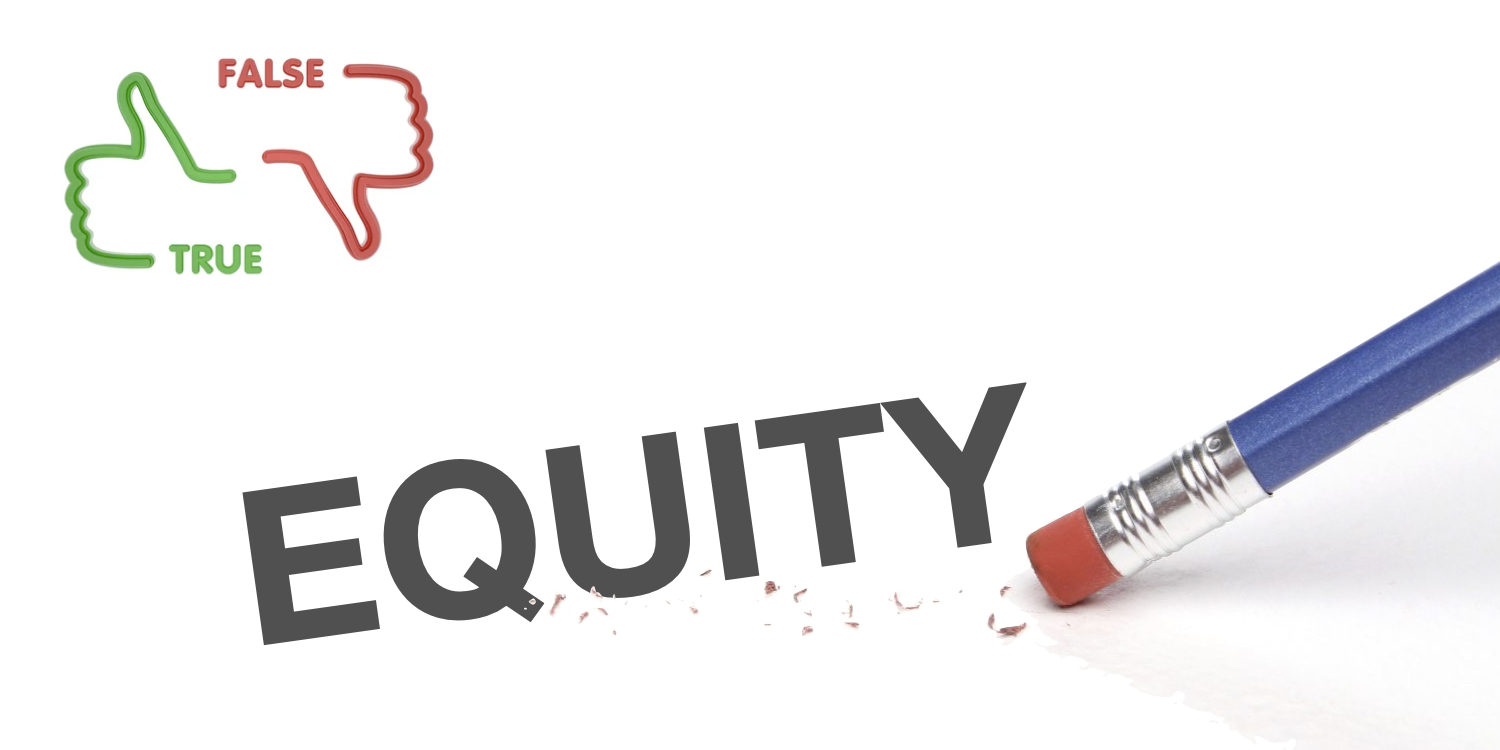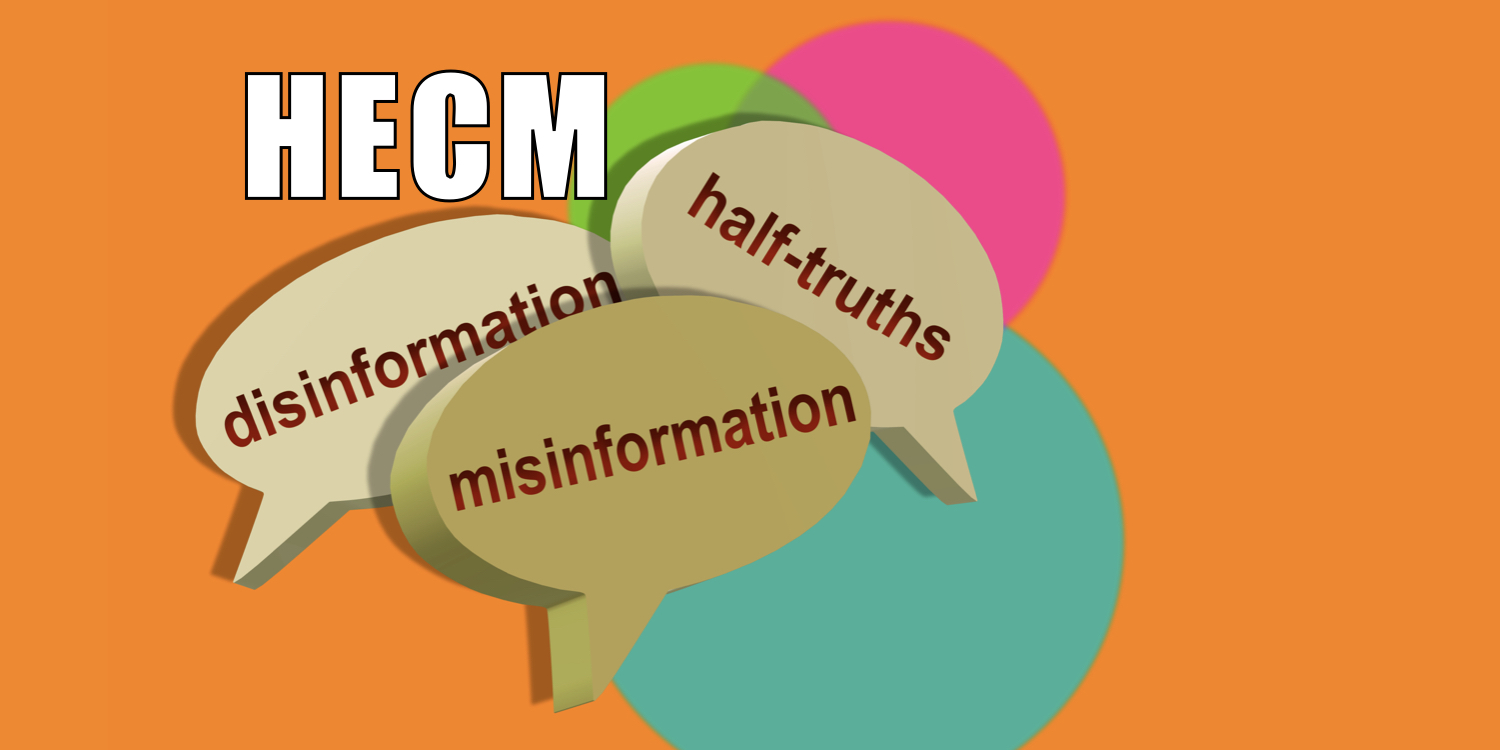Equity erased- and no it’s not always a reverse mortgage
Often critics and media pundits disparage the reverse mortgage loan as erasing a homeowner’s accumulated equity. Do reverse mortgages consume accumulated equity? Certainly, when the homeowner is not making payments. Reverse mortgages are negative amortization loans in which unpaid interest is added to the previous month’s principal balance. However, the equity is not ‘erased’ until a triggering event takes place. This week we look at the ways an older homeowner’s equity can actually be erased with or without a reverse mortgage.
Fraud-
[read more]
The first is Fraud- The Asheville Watchdog, a local publication in Asheville North Carolina reports that several elderly Black homeowners were allegedly defrauded by a local attorney and his real estate holdings company. Several homeowners reported being approached shortly after a mortgage or tax foreclosure notice was filed alleging they unknowingly signed deeds releasing interest in the property. In one instance a family received $1,200 only to see the property resold the same day for $45,000. In another case last September a judge returned home to a family after finding the same company obtained the property by fraud.
The next way equity is erased is by foreclosure. Traditional mortgage borrowers who default on their payments stand to lose any remaining equity in the home in a foreclosure. In fact, delinquent borrowers with substantial home equity are most likely to see an expedient foreclosure as the bank stands to recoup some or all of their lost payments.
Loss of employment. The leading cause of foreclosure is the loss of employment and income. Foreclosure trends may be localized based on regional unemployment or business closures.
The loss of a spouse. The loss of a life partner is not only emotionally devastating but can often have catastrophic financial consequences. The common challenges surviving spouses may face are the loss or reduction of pension payments, a reduction of Social Security benefits, or the loss of income if they were still working.
Adjustable-rate loans. Thanks to low fixed-rate mortgages in the wake of the 2008 housing crisis few older homeowners currently have ARMs or adjustable-rate mortgages and that’s good news. Unlike adjustable-rate reverse mortgages where interest rate changes have no impact on the homeowner’s cash flow, traditional ARMs can lead to payment shock when rising interest rates increase the required monthly mortgage payment.
Credit card debt. Sadly, some homeowners prioritize credit card payments over their mortgage payments leading to an eventual foreclosure. This is most unfortunate as some may be able to negotiate payments or file bankruptcy to eliminate their liability with creditors. It’s better to protect the roof over your head instead of worrying about your credit score.
The other ways one can see their equity erased are divorce, overspending, health emergencies, and financial shocks. And speaking of shocks inflation shows no signs of slowing or being ‘transitory’. The increased cost of living for older homeowners on fixed incomes could leave some facing the specter of foreclosure. So do reverse mortgages suddenly erase equity? No. However, they do use a portion of the home’s value and subsequently consume equity over time while the borrower enjoys the benefit of loan proceeds or the elimination of their previously required mortgage payments.
Rather than claiming reverse mortgages erase equity perhaps now is the time to erase misleading statements, hyperbole, and harmful advice that often ignores one’s largest financial asset.
[/read]








